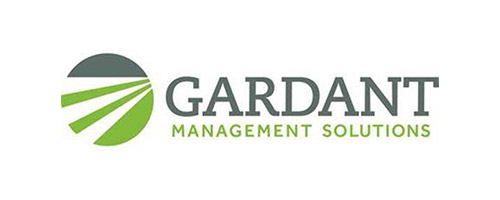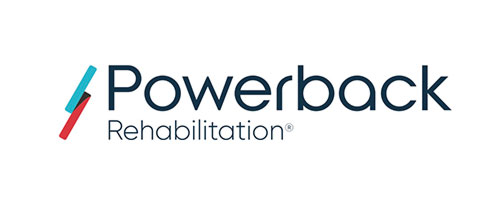Scientific research
All reports are FREE to ICAA Organizational and ICAA 100 members. Individual members need to upgrade to an Organizational and/or ICAA 100 membership to access reports.
Non-member can purchase reports by setting up a nonmember account, click on the Log-in button above to do so. Nonmembers can also access reports by purchasing an ICAA Organizational or ICAA 100 membership.
Access and utilize the ICAA library of scientific studies, reports and statistics to assist you with the development of your business case for wellness, program and community design and development, evidence-informed lifestyle choices and marketing strategies and approaches.
Topic- Longevity

Tech Talk: Promising advances made in longevity neurotechnologies
Longevity.Technology has released a fascinating report that looks at how the brain's longevity potential can be unlocked, reviewing how we understand the biologically aging brain and the solutions neurotech offers. In the foreword, the report's sponsor, nonprofit Neurotech X, defines neurotechnology as "any technological intervention that interacts with the brain or central nervous system either directly or indirectly." As neurotech attempts to integrate human and machine to enhance both, it continues, "applications of the technology are broad ranging."
moreLongevity

Global transformation needed to ensure healthy longevity for all
Ensuring that populations globally are actively engaged in society while living longer, healthier lives will require an all-of-society approach -- from governments and the private sector to individuals and families, according to a new report from the National Academy of Medicine. The report provides a roadmap with recommendations for both addressing the needs of older people in the next five years and supporting actions to improve healthy longevity by 2050 in the areas of work, volunteering, and education; social infrastructure; physical environment; and public health, health systems, and long-term care.
moreLongevity

Stats: Biological age of brisk walkers up to 16 years younger
A study of genetic data from more than 400,000 UK adults revealed a clear link between walking pace and a genetic marker of biological age. Confirming a causal link between walking pace and leucocyte telomere length (LTL) -- an indicator of biological age -- the Leicester-based researchers estimate that a lifetime of brisk walking could lead to the equivalent of 16 years younger biological age by midlife. It's another strong reason to encourage brisker walking, when feasible, particularly in independent living settings.
more


































